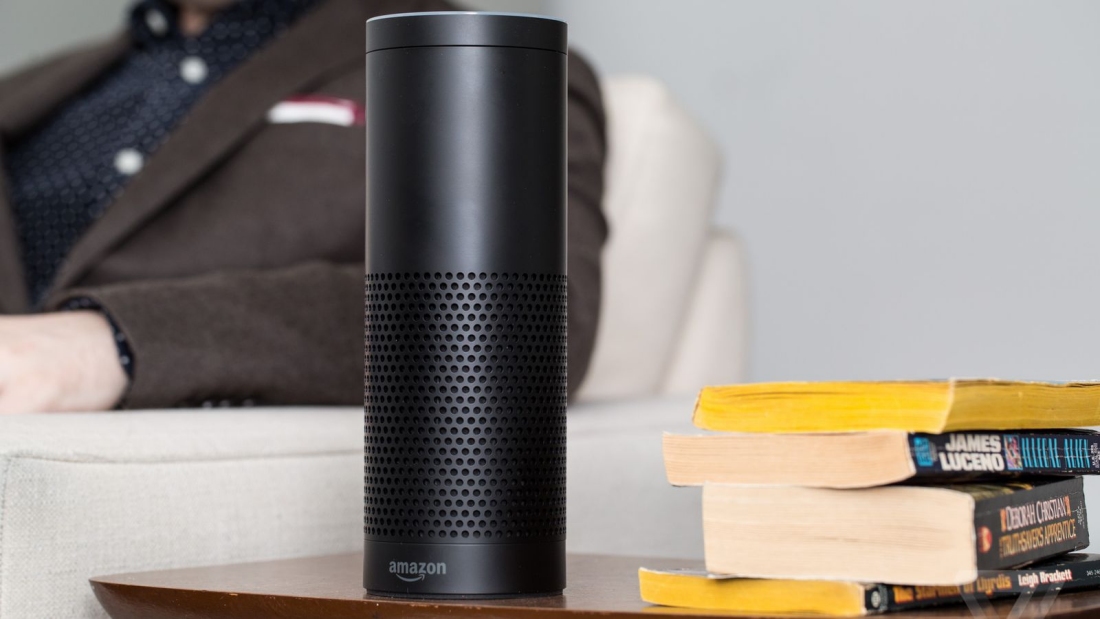A hot potato: Smart speakers have become incredibly popular over the last few years, but many people still have concerns over the devices' privacy implications. Those fears are likely to be compounded following a report that Amazon has thousands of workers listening in on Echo owners' conversations.
Bloomberg writes that Amazon employs thousands of contractors and full-time workers around the world, "from Boston to Costa Rica, India and Romania," to listen to voice recordings captured by Echo devices. These are transcribed and annotated with the aim of improving the performance of digital assistant Alexa, helping the AI better understand human speech.
Bloomberg spoke to seven people that worked on the program, who revealed they reviewed as many as 1,000 clips per shift. The process is described as mostly mundane, with one worker trawling through voice data for any mention of "Taylor Swift" so it could be annotated to show the searcher was referring to the musician.
We've long known that smart devices can be triggered accidentally. According to the auditors, they transcribed as many as 100 recordings per day where no wake command was given.
It's reported that the workers have a chat room for when they can't make out words or phrases and want help from colleagues. This is also used to share "amusing" recordings, it's claimed. Additionally, the employees occasionally hear what sounds like crimes taking place---two workers say they heard what's believed to have been a sexual assault---but some were told it wasn't Amazon's job to interfere.
Amazon does state in its privacy policy that it may use Alexa requests to train the AI, though there's no mention of this process being carried out by humans. And it's not just Amazon that does this, Apple and Google also use workers in the same way for improving Siri and Google Assistant. All companies say the clips lack personally identifiable information.
In a statement to Bloomberg, Amazon said: "We take the security and privacy of our customers' personal information seriously. We only annotate an extremely small sample of Alexa voice recordings in order [to] improve the customer experience. For example, this information helps us train our speech recognition and natural language understanding systems, so Alexa can better understand your requests, and ensure the service works well for everyone."
